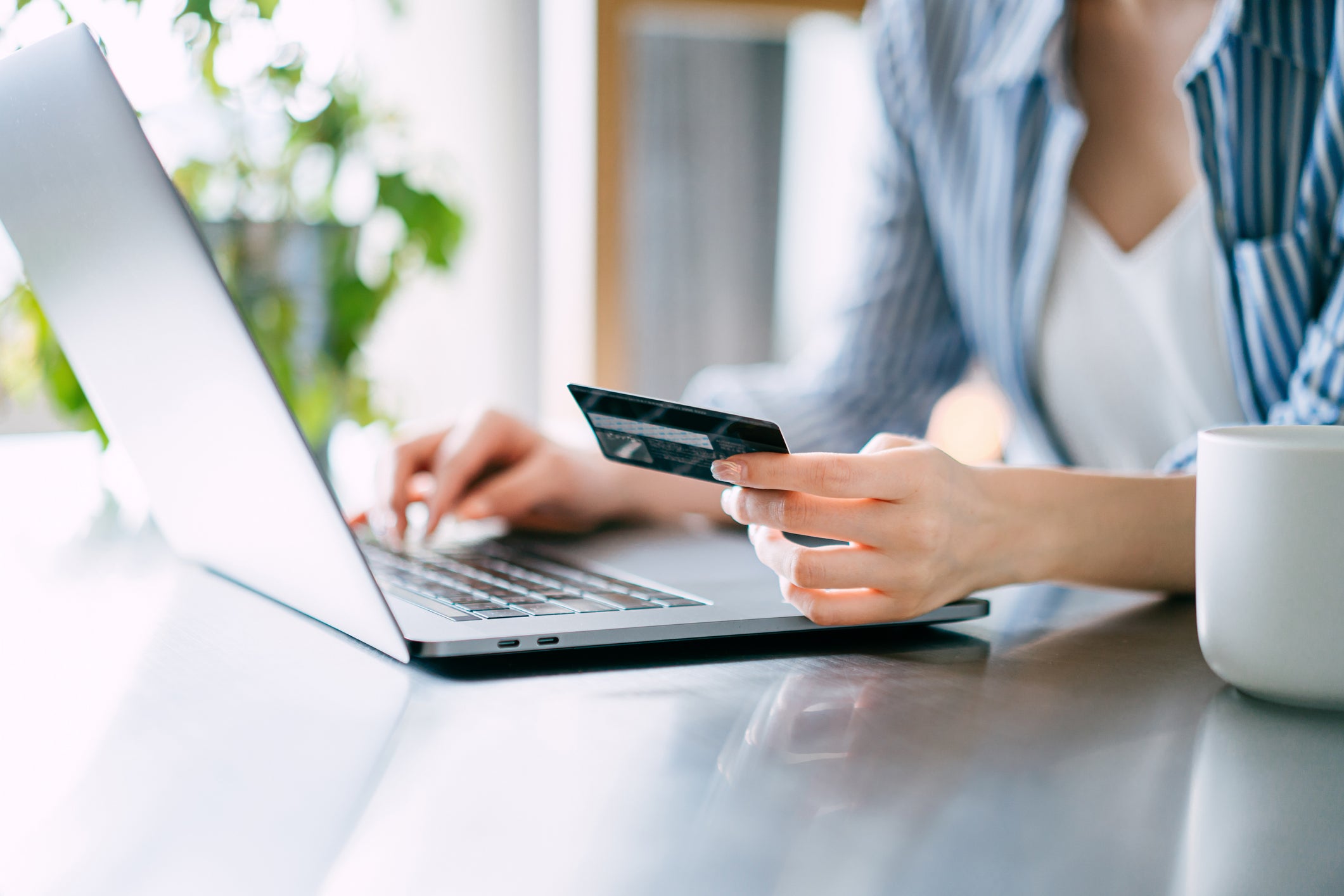Debt charity warns that those using Buy Now, Pay Later schemes are more likely to be struggling with finances
Research claims 5.2 million people own one or more buy now, pay later products

Your support helps us to tell the story
From reproductive rights to climate change to Big Tech, The Independent is on the ground when the story is developing. Whether it's investigating the financials of Elon Musk's pro-Trump PAC or producing our latest documentary, 'The A Word', which shines a light on the American women fighting for reproductive rights, we know how important it is to parse out the facts from the messaging.
At such a critical moment in US history, we need reporters on the ground. Your donation allows us to keep sending journalists to speak to both sides of the story.
The Independent is trusted by Americans across the entire political spectrum. And unlike many other quality news outlets, we choose not to lock Americans out of our reporting and analysis with paywalls. We believe quality journalism should be available to everyone, paid for by those who can afford it.
Your support makes all the difference.Buy now, pay later schemes need to be regulated to prevent people with financial difficulties from struggling even further, suggests debt charity StepChange.
The scheme enables people to purchase items immediately without having to pay the full amount upfront, instead doing so gradually over time.
Research suggests that roughly 5.2 million people own one or more buy now, pay later (BNPL) items.
Now, StepChange has issued a warning stating that BNPL is being widely used by people experiencing financial difficulties and that the scheme requires better regulation in order to combat this.
“For example, people with two BNPL loans are twice as likely as all adults to say they are finding it difficult to keep up with their household bills and credit repayments,” they said.
The charity noted the significant growth of BNPL during the pandemic.
According to data from Similar Web, an internet monitoring agency, reported, there were 1,585 websites in the UK that had at least one option to buy now, pay later at that start of 2020.
However, by the end of last year, this figure had risen to 32,588.
“Even interest-free credit can and does cause financial difficulty, as we know all too well as a debt charity,” explained Phil Andrew, Chief Executive at StepChange.
“BNPL is deliberately marketed and presented – often to less financially experienced consumers - as a means of payment rather than as a form of credit, which is what it really is.
“It is marketed not just for lifestyle spending, but for essentials such as groceries or school uniform.”
Andrew went on to highlight just how easy it is to rack up debts from BNPL.
“There is currently very little friction to prevent consumers building up significant amounts of cumulative BNPL debt, so it’s vital that regulation swiftly brings this rapidly growing lending market into line to ensure that consumers are better protected from the risk of financial difficulty,” he said.
Join our commenting forum
Join thought-provoking conversations, follow other Independent readers and see their replies
Comments